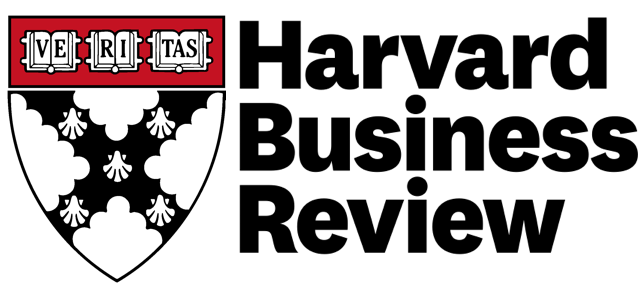
CIW’s “efforts use supply-chain reform to eliminate sexual harassment, provid(ing) a novel example of how to prevent and address workplace abuse—a strategy that other industries and organizers can use.”
Last week, a feature article in the Harvard Business Review – one of the country’s most prestigious business publications – set out to explore one of the most promising approaches to fighting sexual harassment in the workplace in the wake of the #MeToo movement: “supply-chain reform.” Care to guess the case study the authors put forth as the leading example of successful “leveraging of consumer, worker, and corporate power” to end sexual harassment and assault at work? Yep, the CIW’s Fair Food Program:
… Consider the Fair Food Program, which leverages farmworker and consumer pressure to demand that food buyers, like fast-food companies, demand that their food suppliers take harassment and other workplace abuses seriously.
This excellent profile comes a little over a year after the Harvard Business Review‘s remarkable 2017 article, which placed the Fair Food Program in the company of 14 other extraordinary efforts deemed “the most important social-impact success stories of the 21st Century,” including the Anti-Apartheid movement, the fight for marriage equality, Sesame Street, and the eradication of polio.
Here are some of the highlights from this year’s Harvard Business Review article (which we also encourage you to read in full here!):
Using the Power of Supply Chains to End Sexual Harassment
By Alieza Durana and Haley Swenson
OCTOBER 23, 2018
In the year since allegations of sexual misconduct against Hollywood mogul Harvey Weinstein shocked the public, the #MeToo movement has exposed widespread workplace sexual harassment—not just in the entertainment world, but across industries.
Last week, we at New America’s Better Life Lab published what we believe is a novel, forward-thinking report on the reality that harassment is “severe, pervasive, and widespread” across low and high income jobs and male- and female-dominated occupations. We also published an accompanying toolkit, called #NowWhat?, aimed at stakeholders invested in changing this reality. Among the recommendations we offer, one in particular is salient to businesses: supply-chain reform.
In a nutshell, this means leveraging consumer, worker, and corporate power to drive change at the companies you do business with.
Consider the Fair Food Program, which leverages farmworker and consumer pressure to demand that food buyers, like fast-food companies, demand that their food suppliers take harassment and other workplace abuses seriously…
… The program’s most recent annual report notes that during the 2016–17 growing season, more than 70% of participating farms reported no incidents of sexual harassment.”* These findings are significant, given that our review of the research on sexual harassment in male-dominated, low-wage industries such as farm work found evidence of widespread rape. A 2010 study showed that 80% of farm working women report experiencing sexual harassment.
The way the Coalition of Immokalee Worker and Fair Food Program ensure success is by creating user-friendly, independent reporting processes for sexual harassment, conducting peer-to-peer training about sexual harassment and workplace rights in an accessible manner, taking regular climate surveys to inform the co-creation of civil workplace practices and enforcement of respectful workplace norms, and making sure employees know that they’re more important than any one harassing foreman or farmer. Notably, the Fair Food Program food addresses many other issues beyond sexual harassment, including wage theft and human trafficking, but their efforts use supply-chain reform to eliminate sexual harassment provides a novel example of how to prevent and address workplace abuse—a strategy that other industries and organizers can use.
Make sure to read the full write-up from the Harvard Business Review – and share it widely with your networks – here at their website!

